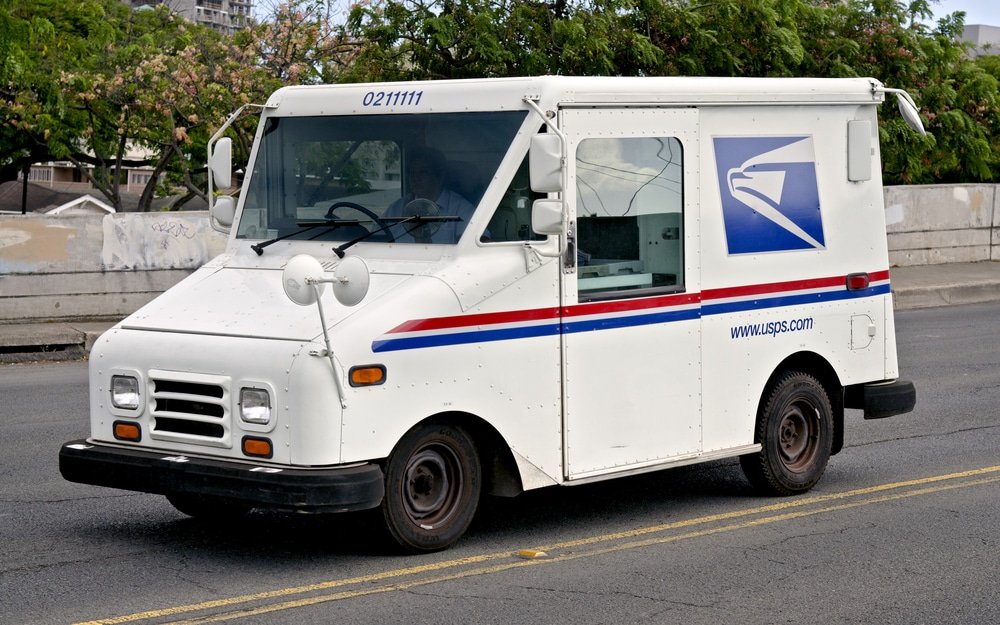The U.S. Postal Service (USPS) recently announced that it will invest $10 billion for new electric delivery trucks.
USPS is set to buy around 66,000 electric trucks for its mail delivery by 2028. Depending on the success of this deal, the postal agency could potentially make all their delivery trucks electric. This number makes up roughly 25% of its current number of delivery trucks.
At present, USPS has 217,000 vehicles in its fleet. A lot of these are over decades old and contain outdated features. As most of these vehicles will soon need replacement, this would be the ideal time to switch to electric delivery trucks.
The majority of the electric vehicles it will buy will come from Oshkosh Corp. Oshkosh is a company that specializes in manufacturing access equipment and specialty trucks.
USPS will buy 60,000 vehicles from Oshkosh. 45,000 of that number would be electric trucks. Upon the news of this contract, shares of Oshkosh went up by 2.7%.
USPS will also buy 46,000 more vehicles from other mainstream companies. 21,000 of that number will be electric.
The current fleet of trucks is around 30 years old and lack basic features such as air bags and air conditioning. The new mix of electric trucks are set to almost exclusively replace these older trucks.
Postmaster General Louis DeJoy also revealed plans to modify facilities to accept the new electric trucks.
Although it has plans to go all electric in the future, USPS still has to buy some trucks with internal combustion engines at the moment. This is because almost half of its current fleet are on long distance routes, delivering mail between different states.
- USPS will spend $9.6 billion on the vehicles and associated infrastructure. This includes $3 billion from the Inflation Reduction Act.
The Biden administration is keen to invest in electrification for state sectors. Earlier this year, the US Senate introduced a new bill to electrify non-tactical vehicles in the US military.
Global Trend for Electric Delivery Trucks
Other logistics and delivery service companies have also revealed plans to turn delivery vehicles electric.
FedEx, for example, expects to be fully carbon neutral by 2040. It will only buy electric delivery vehicles from 2030 onwards. Its competitor, UPS, has plans to be carbon neutral by 2050. By 2025, it plans for 40% of its fuel consumption to come from alternative fuels.
Similar net-zero commitments have been made by the UK government for its postal services. Earlier this year, it unveiled its net zero strategy for the Royal Mail to reduce its carbon emissions. Royal Mail plans to be net zero by 2040.
Royal Mail has plans to increase its fleet of electric vans to 5,500 by the spring of 2023 and invest $15 million for charging infrastructure across the country.

